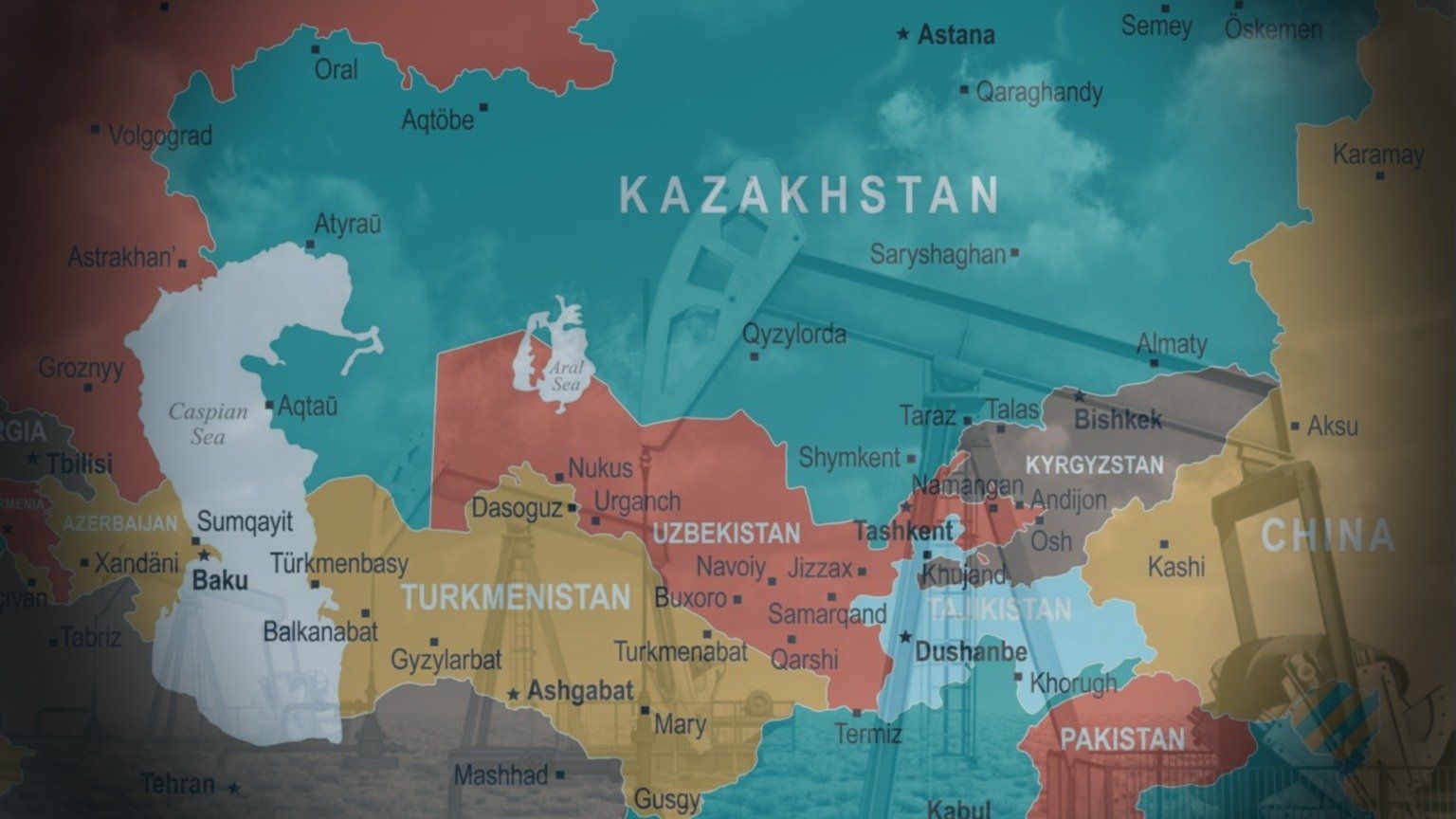"Great Game" in Central Asia and Azerbaijan's strategic role in exchange of critical raw materials

In the current geopolitical environment, the world's top countries, particularly the United States and the European Union, are facing serious challenges in obtaining critical raw materials. The European Union has already begun deepening cooperation with some governments in this area, and one of those governments is Uzbekistan.
Azernews reports, citing Trend, that on April 5, 2024, Uzbekistan and the European Union signed a memorandum of understanding to create sustainable value chains for vital raw commodities. The agreement is intended to have an impact on the development of Uzbekistan's mining industry as well as provide the European Union with minerals like copper and molybdenum. In the following step, the parties will collaborate to develop an operating strategy.

Laziz Kudratov, Minister of Investment, Industry, and Trade of Uzbekistan, and Valdis Dombrovskis, Executive Vice President of the European Commission.
In recent years, European state representatives, particularly those from France and Germany, have paid increasing visits to Central Asian countries, particularly Uzbekistan. For example, French President Emmanuel Macron's visit to Uzbekistan on November 2, 2023, addressed strategic problems. Meanwhile, Germany's economic objectives include boosting the number of multinational corporations operating in Uzbekistan and expanding new investment opportunities. The recent meeting between Olaf Scholz and Shavkat Mirziyoyev resulted in the signing of a $9 billion trade, investment, and technology deal.
For the Central Asian countries, which this time became independent participants in the historic "Great Game," there are now ample opportunities. However, since the interests of the powers in the region are different, this also poses additional risks for independent states. Here, one of the factors affecting the geopolitical balance is the availability of critical raw material reserves. There is a serious confrontation between major powers over critical raw materials, and this situation is predicted to continue in the future. Europe's attempts to reduce its dependence on critical raw materials from Russia, which is in conflict, and the fact that China is one of the world's consumers in this area, are a challenge for official Brussels.
Why is Uzbekistan, which possesses critical raw materials, becoming a strategic partner of the EU?
Critical row materials, or raw resource metals, are used in many strategic and critical aircraft components, such as mercury lamps, lasers, microwave filters, battery electrodes, nuclear batteries, etc., as well as in the production of renewable energy equipment (solar panels, wind turbines, electric cars). It is more profitable for Europe to use the deposits that have already been explored and confirmed in Soviet times than to explore new deposits.
One of the reasons for the West's increased attention to Uzbekistan is its rich copper deposits. At the same time, as the EU's efforts to meet climate goals are threatened, Brussels is trying to find alternative ways out.
According to confirmed open-source information, deposits of raw resources are located in China, India, Russia, and Brazil. Based on Western press reports, China maintains its dominance in raw metal production and creates competition. Viewing this as a threat, the European Union is therefore focusing on new arrangements and projects with states located in the Central Asian region.

European Commission President Ursula von der Leyen stated in one of her speeches to Parliament: "Lithium and raw earth metals will soon become more important than oil and gas. Our demand for raw earth metals alone will increase fivefold by 2030. We must avoid re-dependence as we did with oil and gas." Thus, Europe is certainly in search of a new and reliable supplier of these resources. Considering all this, Central Asia is attracting attention as a new global player, with Uzbekistan as well as Kazakhstan welcoming the influx of foreign investors into the country.
Transportation logistics are of strategic importance.
In the transportation of raw materials vital to the Western world, the topic of stable transportation directions naturally becomes particularly relevant. Therefore, the most suitable and safe option may be considered the realisation of critical raw material supply from Central Asia to Europe via Azerbaijan. The sides have not yet made official statements in the press on this issue. If we take into account the ongoing global changes in Eurasia, it can be seen that the traditional line through the Russian Federation has already lost its relevance due to the ongoing war in Ukraine.
On the other hand, it is clear that a transportation corridor that could pass through Iran would not be sustainable, given the historically unpredictable nature of relations between official Tehran and the West. Therefore, the export of raw metals to the West is likely to be carried out within the framework of the Middle Corridor project, also known as the Trans-Caspian International Transport Route. Indeed, in this case, Azerbaijan's role and importance as a transit country, stable, reliable, and possessing the necessary infrastructural capabilities, increase, and the official Baku supports this strategic project.
Thus, the sustainable export of raw materials vital for Europe from Central Asian countries to the West can be implemented precisely through Azerbaijan.
---
Follow us on Twitter @AzerNewsAz
Here we are to serve you with news right now. It does not cost much, but worth your attention.
Choose to support open, independent, quality journalism and subscribe on a monthly basis.
By subscribing to our online newspaper, you can have full digital access to all news, analysis, and much more.
You can also follow AzerNEWS on Twitter @AzerNewsAz or Facebook @AzerNewsNewspaper
Thank you!
